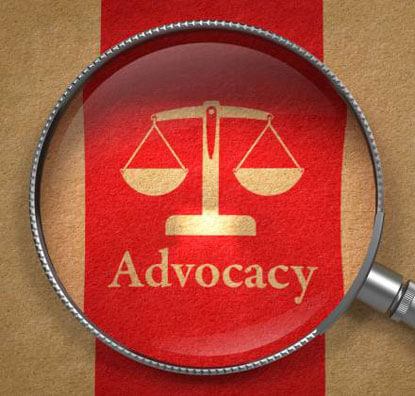
Former executive vice president of the Federalist Society, Leonard Leo, allegedly directed a Republican polling company to pay $25,000 to Virginia “Ginni” Thomas, the wife of U.S. Supreme Court Justice Clarence Thomas, for consulting work in 2012. The payment was intended to be reimbursed by a nonprofit organization, as revealed by a document reviewed by the Washington Post. Notably, Leo explicitly instructed that “no mention of Ginni” should be involved in the transaction.
Leonard Leo, who serves as an adviser to the Judicial Education Project, a nonprofit organization, holds the position of co-chairman and former executive vice president of the conservative Federalist Society. He was reportedly involved in developing a shortlist of potential Supreme Court nominees for former President Donald Trump.
Between June 2011 and June 2012, the polling company, then under the leadership of Kellyanne Conway, who later became a presidential adviser to Trump, paid Ginni Thomas’ company, Liberty Consulting, a total of $80,000. Furthermore, an additional payment of $20,000 was expected later in 2012. These details were disclosed by the Washington Post.
Ginni Thomas’ previous nonprofit organization, Liberty Central, had received a substantial donation of $500,000 from Harlan Crow, a billionaire Republican megadonor. Crow had provided luxury travel experiences for the Thomases and purchased properties in which Justice Thomas held an interest and covered private school tuition for his grandnephew.
Leo has been described by the Washington Post as the orchestrator of a network of interconnected nonprofits involved in media campaigns and other initiatives aimed at influencing lawmakers by generating public support for conservative judges. The Marble Freedom Trust, one of the groups he chairs, received a significant donation of $1.6 billion from a Chicago businessman in 2020.
In December 2012, the Judicial Education Project, with Leo’s involvement, submitted an amicus brief to the Supreme Court challenging the preclearance requirements in the Voting Rights Act. Justice Thomas issued a concurring opinion aligning with the position advocated by the project and several other conservative groups.
Legal ethics experts expressed differing opinions on whether Justice Thomas should have recused himself from the case due to the financial arrangement. The Washington Post highlighted that the current ethics rules and disclosure requirements fail to safeguard public confidence in the court’s independence. Justices are obligated to disclose the names of companies that pay their spouses, but they are not required to reveal the clients of those companies. Even if such a requirement existed, it remains unclear whether the Judicial Education Project would have been identified as a client since the funds intended for Ginni Thomas were funneled through Conway.
Leo defended the arrangement, telling the Washington Post that Ginni Thomas has a long history of working on conservative movement issues. In this case, he emphasized that her involvement did not pertain to matters concerning the court or other legal issues. Leo was reluctant to include Ginni Thomas’ name in the documentation due to concerns about potential disrespect, malice, and gossip.
Leo also defended Justice Thomas and his wife, highlighting their integrity, goodwill, and commitment to their respective roles. He dismissed any suggestion that Justice Thomas could be influenced by external factors, including his wife’s actions. Similarly, Leo rejected the notion that Ginni Thomas would seek to exert influence over the Supreme Court’s work, emphasizing her deep respect for her husband and the crucial role he and his colleagues play in society.
This revelation raises questions about the adequacy of ethics rules and disclosure requirements within the judicial system, highlighting the need for measures that enhance public confidence in the court’s independence.












































